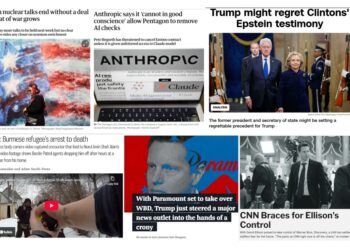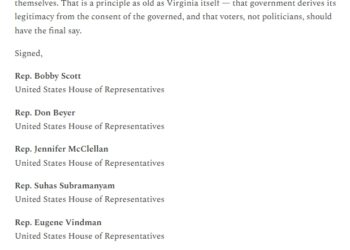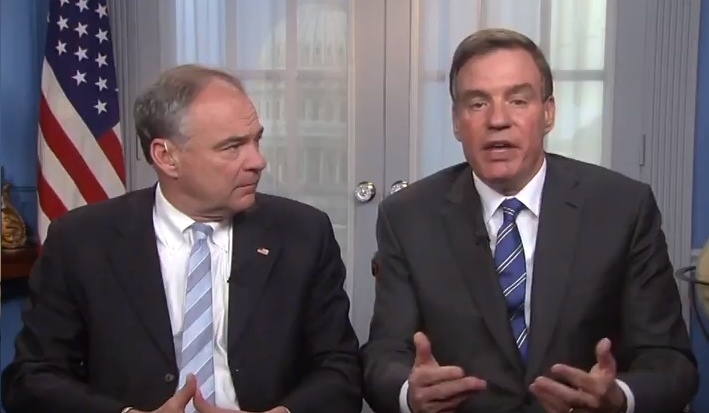( – promoted by lowkell)
 by April Moore
by April Moore
I am still mulling an experience I had last week.
I was invited to address the student body at a private high school here in Virginia.
I accepted the invitation eagerly, since I am on a mission to speak with audiences wherever I can, about climate disruption and the urgent need to act.
While most of my talks have been to adult groups like Rotarians and Lions Clubs, I have recently begun seeking opportunities to talk with younger people. Despite my motherly hesitation to burden young people with such a heavy message, I decided that since young people are the ones who will be spending most of their lives on a dangerously warming planet, it is not doing them any favors to refrain from helping them understand and deal with the difficult situation they are facing.
I looked forward to addressing the group of 120 freshmen, sophomores, juniors, and seniors. It would be my second time addressing high school students. My previous talk, with a group of bright seniors, had been well-received.
In my talk to these students, I focused on the fact that 97% of climate scientists are telling us that the earth is warming, due largely to human activity, and that we must take urgent action to avoid the most catastrophic impacts. I also discussed a key reason why we are not making much headway in dealing with this emergency-the deliberate misinformation campaign, being waged by the fossil fuel industry, to sow doubt in the minds of the public. This strategy is succeeding, in that it lulls a large proportion of our citizenry into a false sense of security.
Also, there’s no way of explaining our nation’s continuing inability to act responsibly in the face of this crisis without saying something about how this same well-financed force is being served in the arena of political power. Even knowing that some of the students in the room identify themselves as Republican, I described some of the obstructive actions being taken by today’s Republican Party, efforts that help keep our country from dealing effectively with climate change.
Looking about the room as I spoke, I could see that most of the students were listening. And during Q and A, there were plenty of questions, none of them hostile.
Later, however, I heard from one of the teachers that there had been more going on with some students than I’d realized. While some were so inspired, they were ready to call the White House immediately, I was told, others were enraged. At least one teacher had to spend some of the next class period defusing those students’ anger. Some felt I had unfairly blamed Republicans for everything. And there is talk, I was told, of bringing in another speaker to represent a conservative perspective.
I felt bad to hear that some of the students were angry. By nature, a pleaser, I want everyone to like me. I would much rather be exchanging friendly vibes than engaging in conflict. In fact, I have sometimes been criticized as ‘nicey-nicey.’
My first response to the feedback was to try to figure out some way that I could deliver my message so that everyone would respond to it favorably.
But then I thought about the truth that must be spoken, and the political pathology that afflicts our nation right now. We live in a time in which a sizable proportion of the American people are being sold a false picture of our climate situation, and are encouraged to think that anyone who speaks otherwise is the ‘enemy.’
If I were pleasing everybody, I came to realize, I wouldn’t be doing my job. We’re in a situation where it’s not just a matter of filling the void of ignorance with knowledge, but of helping the truth to push aside a well-entrenched lie. While it saddens me to cause any of these young people distress, I also recall that the healing of our sicknesses sometimes entails, in the short term, greater discomfort.
That connects with something I’ve learned about teaching young people. What really matters is not the immediate impact of a teaching, but how it gets absorbed. Who knows how my message, which angered those students the day they heard it, will affect what they are thinking in a year, or in five years?-April Moore

![[UPDATED with Official Announcement] Audio: VA Del. Dan Helmer Says He’s Running for Congress in the Newly Drawn VA07, Has “the endorsement of 40 [House of Delegates] colleagues”](https://bluevirginia.us/wp-content/uploads/2026/02/helmermontage.jpg)
















